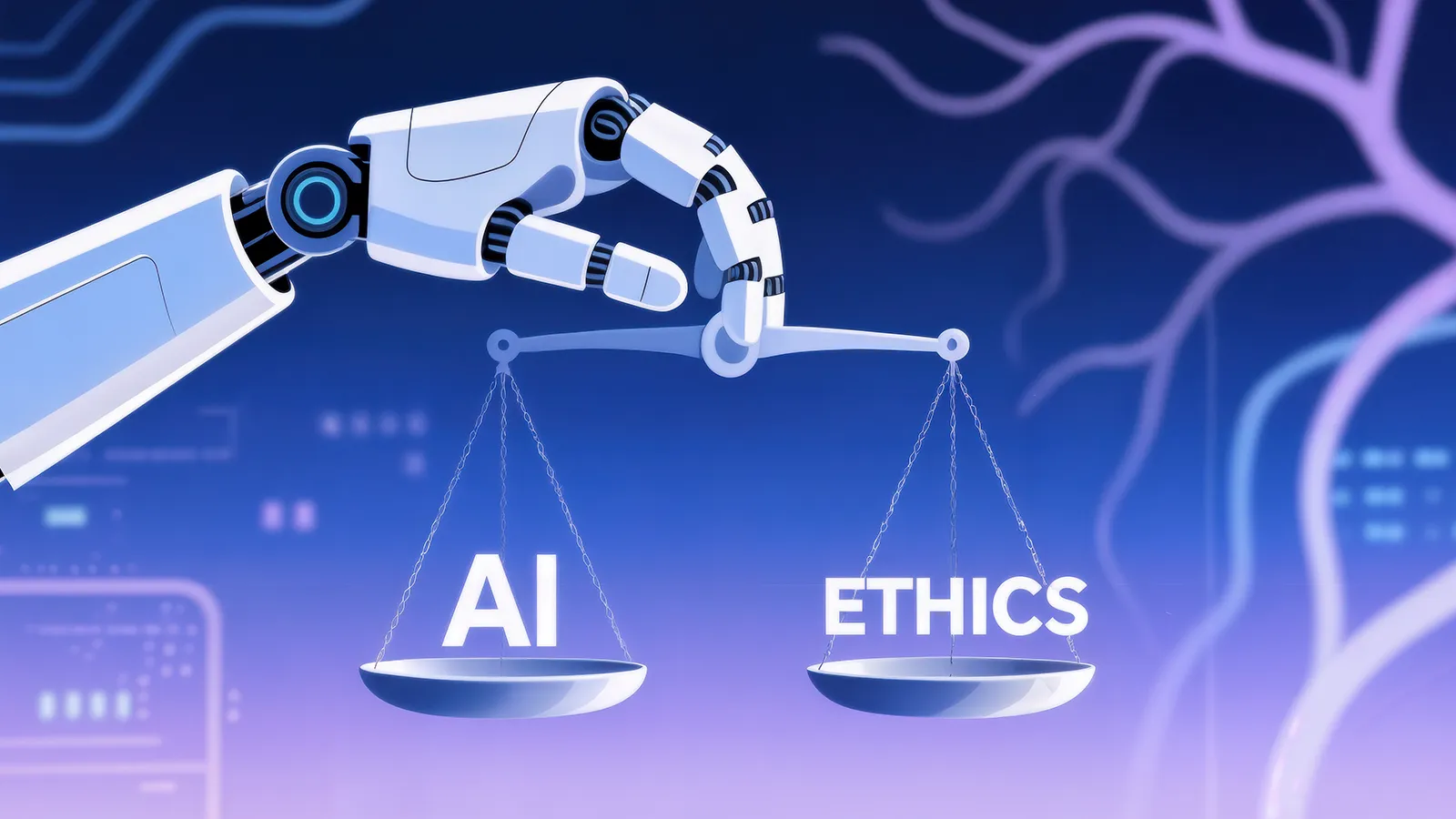
The emergence of Artificial Intelligence (AI) can be dated back to the 1950s, however, it gained massive worldwide popularity around 2023. It can be stated that the topic of Artificial Intelligence has been hotly debated ever since then, especially after the release of ChatGPT. The platform gained immediate popularity due to its capabilities and became a life- and time-saver for individuals in any sector. Apart from the capabilities of AI, the question of quality of the answers provided by the AI should be in high focus, as it has been noticed that occasionally the answers provided are wrongful, misleading and incorrect.
The Capabilities and Promises of Legal AI
Many individuals seeking legal advice or even lawyers themselves turn to AI as it provides efficiency, accuracy and clarifications on various tasks and questions. For example, in some countries with less accessible legal services, like the US, research done by the American Bar Association in 2024 revealed that AI adoption in legal practices has nearly tripled, going from 11% in 2023 to 30% in 2024. Moreover, legal AI can avoid the ‘human error’ mistakes and pay great attention to every detail, where human eye and attention might fail. In terms of productivity, AI tools help lawyers to save up to a few hours per week, assisting lawyers with repetitive tasks and also by allowing individuals to use legal AI for small questions instead of contacting a lawyer. This allows individuals to get clarity on their question immediately in just a few clicks instead of contacting a lawyer and scheduling an appointment. Moreover, AI is capable of analyzing multiple databases, which allows it to conduct deep research with good insight on the problem. These advantages may portray AI as a perfect replacement for lawyers, however, just because AI can handle structured low-risk tasks, it cannot replace the nuanced decision-making and ethical judgment of a human lawyer. These two aspects single handedly depict why, despite promising advantages, AI is a fundamentally flawed legal practitioner.
AI’s Limitations in Legal Understanding
While there are multiple advantages of AI for performing legal tasks, the limitations may be even greater and include issues with legal reasoning, interpretations, contextual understanding, and false misleading information. Rather than providing answers based on the actual legal knowledge and understanding, AI systems, particularly large language models such ChatGPT, generate the response based on the patterns in training data and often get limited access to sources online. This limitation led to cases where AI tools would fabricate legal facts, cases, citations and would misinterpret laws, causing consequences for individuals in real life.
The issue of AI-generated false or fabricated information is well-known and has been documented in various legal contexts. For example, one of the first cases of false information being used by the lawyers in court has made it to the news worldwide and drawn much attention. It was stated that a UK tribunal encountered a case in which the litigant submitted non-existent judgements, that later were attributed to AI generating tools. Similarly, in France, an AI-powered legal tool misrepresented GDPR regulations, fabricating amendments that were never enacted, which could have misled legal proceedings if not caught in time.
These cases are only a few examples out of many but they depict that human oversight is crucial in legal processes. The law is dynamic and has many small aspects that are crucial to take into consideration, which AI is incapable of doing. It has been noticed that AI is incapable of applying legal precedents contextually or account for individual circumstances, and those are crucial skills in legal practice. Moreover, a study by Stanford’s Institute for Human-Centered AI found hallucination rates as high as 88% in legal queries posed to AI models like GPT-4, indicating a significant risk when relying on AI for complex legal tasks.
Conclusion
This means that without genuine understanding, legal accountability, ability to interpret law dynamically and weight moral and societal implications, AI tools cannot handle complex, interpretive and occasionally subjective nature of law. Therefore, AI can be used to assist lawyers with existing legal knowledge under their supervision or used by individuals seeking some legal assistance but that assistance should not be trusted and it is best for individuals dealing with legal issues to contact a lawyer.






